The trade of dried fruits between Iran and Turkey has deep historical and economic roots. Iran, as one of the world's largest producers of premium dried fruits such as raisins, dried figs, dates, and apricots, offers a vast opportunity for Turkish importers seeking high-quality products at competitive prices.
This article provides practical and strategic market entry tips for Turkish businesses that are looking to import Iranian dried fruits successfully, legally, and profitably.
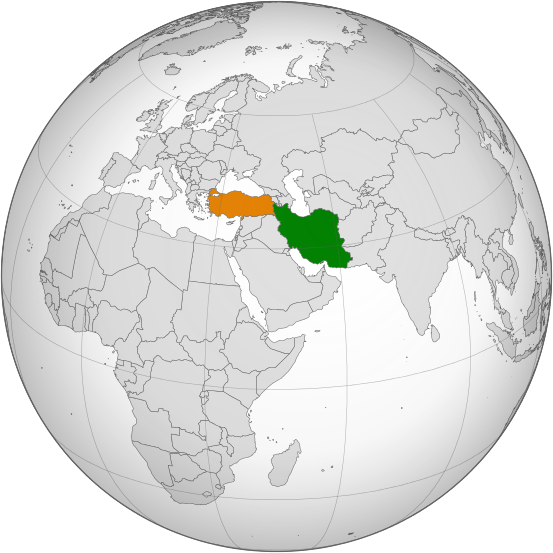
1. Understand the Market Demand in Turkey
Before entering any import market, it is crucial to evaluate local consumer behavior and demand patterns. Turkey has a strong internal market for dried fruits, both for direct consumption and as ingredients in sweets, pastries, and processed food. Dried figs, raisins, and dates are especially popular during Ramadan and festive seasons.
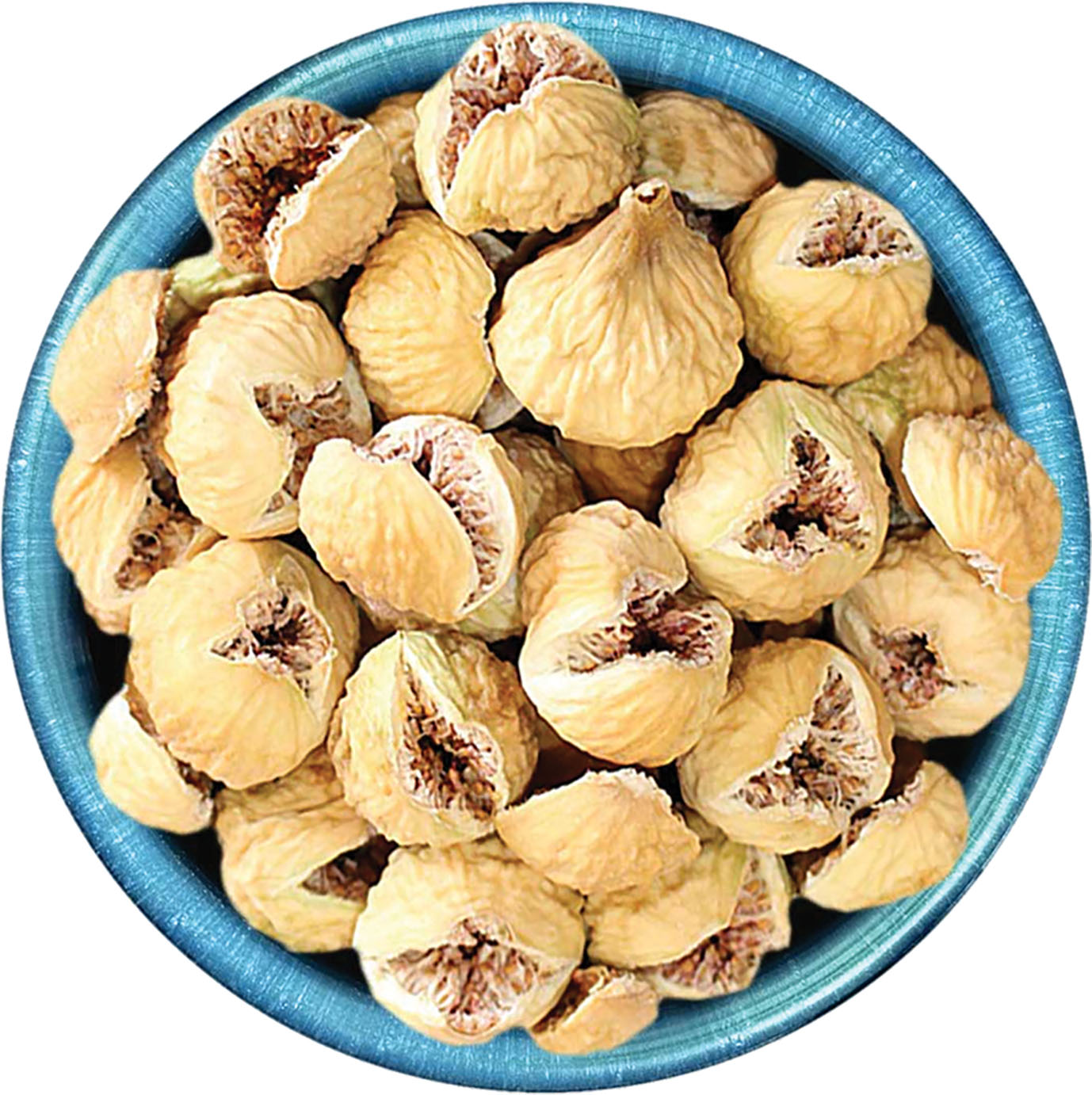
Turkish consumers value:
Natural taste and quality
Organic or chemical-free drying methods
Attractive packaging
Competitive price
Conducting market research, customer surveys, or collaborating with local distributors can help you better understand pricing expectations, packaging preferences, and seasonal buying trends.

2. Choose the Right Iranian Suppliers
Finding reliable suppliers is the cornerstone of a successful import business. Iranian dried fruit suppliers vary greatly in scale, product quality, export capacity, and transparency.
When selecting a supplier, consider the following:
Export experience: Choose companies with a proven track record of exporting to Turkey or other regional markets.
Certifications: Check for phytosanitary certificates, ISO, HACCP, or organic certifications.
Product range: Work with suppliers offering a wide range of products (e.g., dried figs, raisins, dried apricots, dried mulberries, etc.)
Flexibility: The ability to provide private labeling, bulk packaging, or customized solutions is a plus.
Tip: Websites like [persianfreshfruits.com] or platforms such as TradeKey, EC21, and Go4WorldBusiness offer access to Iranian dried fruit exporters.

3. Comply with Turkish Import Regulations
Importing dried fruits from Iran to Turkey requires compliance with both Turkish and international food safety laws.
Key regulations include:
Customs clearance: Turkish Customs require accurate HS codes, invoice values, and detailed bills of lading.
Food safety standards: Products must pass laboratory analysis for pesticide residue, aflatoxins, and microbial contamination.
Labeling: All imported food must be labeled in Turkish, including production and expiration dates, origin, ingredients, and allergen information.
Import licenses: You may need to apply for a registration or authorization through the Turkish Ministry of Agriculture and Forestry.
Consider hiring a customs broker to ensure a smooth clearance process and avoid penalties or shipment delays.
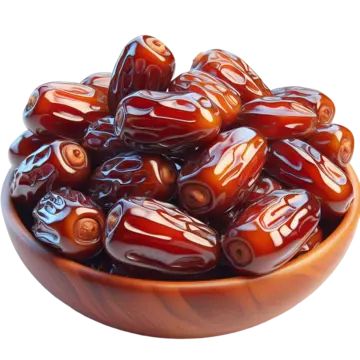
4. Establish a Competitive Pricing Strategy
Turkish dried fruit markets are highly price-sensitive, especially in wholesale and retail chains. Iranian products are often cost-competitive, but factors like transportation, tariffs, and currency fluctuations can impact final pricing.
How to optimize pricing:
Negotiate directly with Iranian producers instead of intermediaries.
Consider importing in larger volumes (e.g., FCL instead of LCL) to reduce per-unit shipping costs.
Utilize seasonal price advantages — dried fruit prices in Iran are generally lower right after the harvest seasons (e.g., raisins in August–October).
Also, consider offering promotions during high-demand seasons such as Ramadan, Nowruz, and Turkish national holidays.
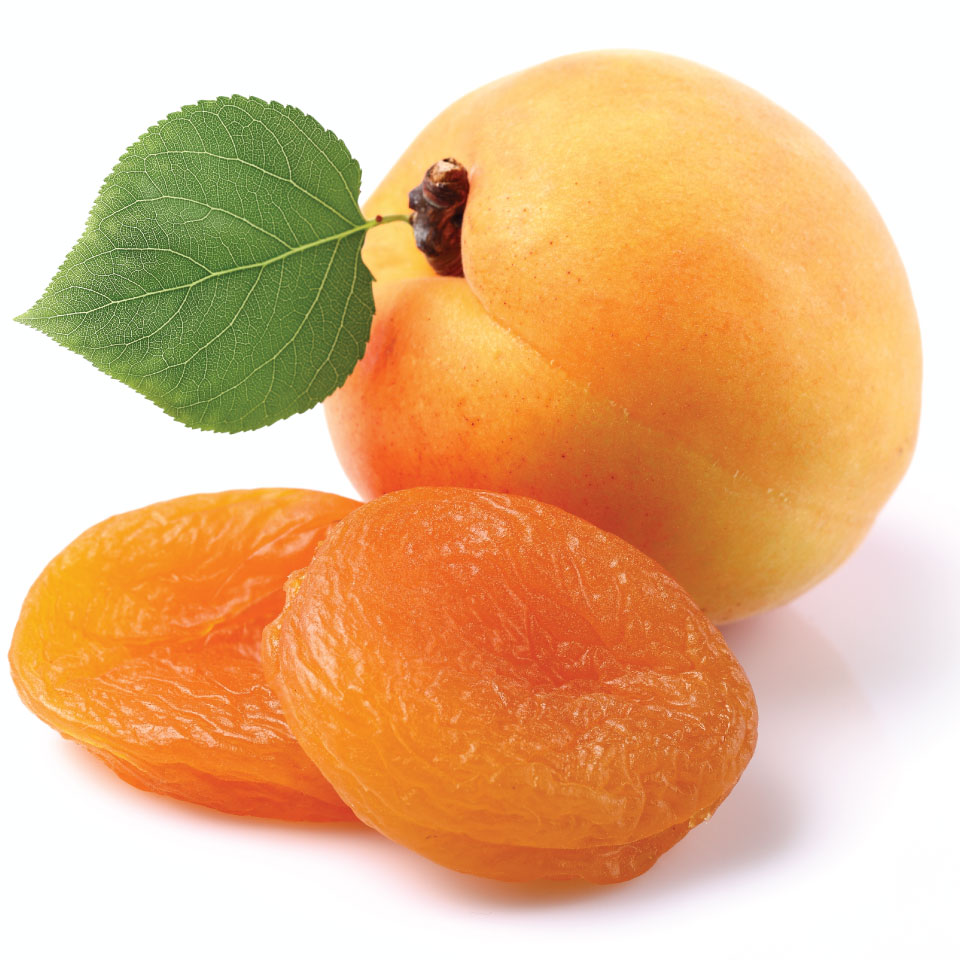
5. Focus on Logistics and Transportation
Iran and Turkey share a long land border and active customs corridors, which makes land freight the most practical mode of transportation. However, logistics should be carefully planned.
Options include:
Truck transport via Bazargan–Gürbulak border or Razi–Kapıköy rail freight
Multimodal logistics combining land and sea for larger shipments
Working with freight forwarders that specialize in Iran–Turkey routes
Always factor in:
Border delays due to political or administrative changes
The need for proper packaging to protect products during transit
Temperature and humidity control for sensitive products like dates and dried apricots

6. Build Strong Business Relationships
Iranian business culture values personal relationships, trust, and long-term collaboration. Turkish importers who make an effort to build rapport with their Iranian counterparts are more likely to enjoy smoother negotiations, better credit terms, and early access to quality harvests.
Tips for relationship building:
Visit suppliers if possible
Maintain regular communication via WhatsApp or Telegram
Use bilingual contracts (Persian/Turkish or English)
Offer prompt payment and feedback
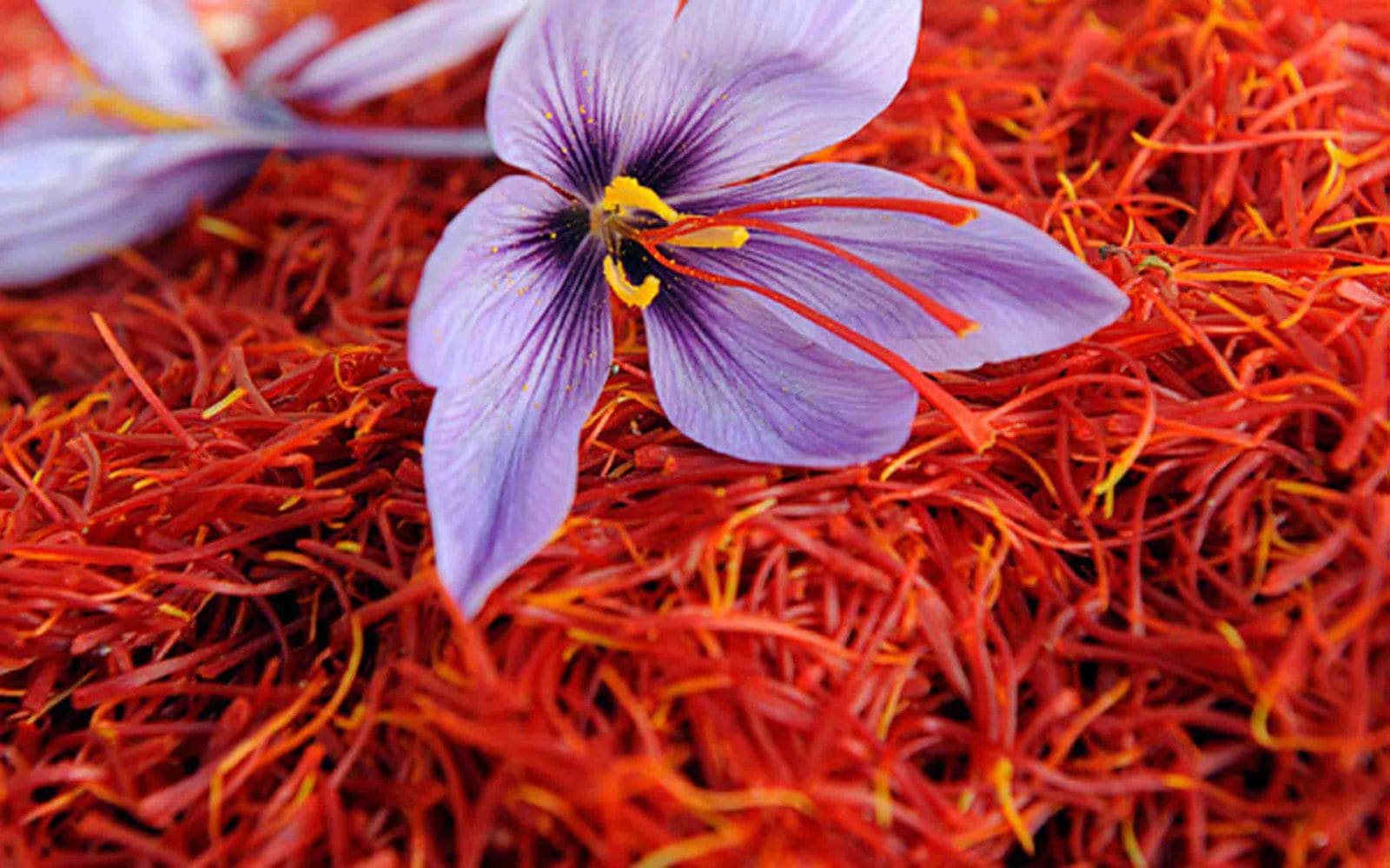
7. Promote the Story Behind the Product
Turkish consumers increasingly care about origin, sustainability, and authenticity. Iranian dried fruits often have a unique story — grown in high-altitude farms, sun-dried naturally, and passed down through generations.
Use storytelling in your marketing:
Highlight regions like Malayer for raisins, Estahban for figs, or Bam for dates
Emphasize the natural drying process, absence of sulfur or chemicals
Mention family-owned farms and artisanal production techniques
Such narratives work especially well in retail, online shops, and boutique food markets.
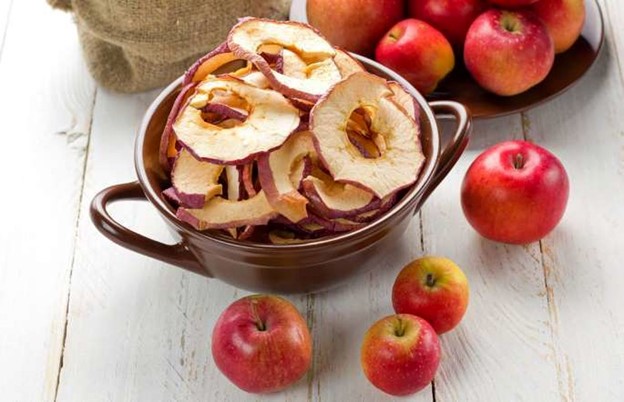
8. Navigate Sanctions and Financial Transfers
Although trade between Turkey and Iran is permitted, financial transactions can be complicated due to U.S. sanctions. Turkish businesses must use authorized channels to ensure legal and smooth payments.
Best practices:
Use Turkish lira or Euro-based payments
Utilize Turkish banks with experience in Iran trade
Avoid involving U.S. banks or dollar-based transactions
Consider barter agreements or third-country intermediaries for large deals
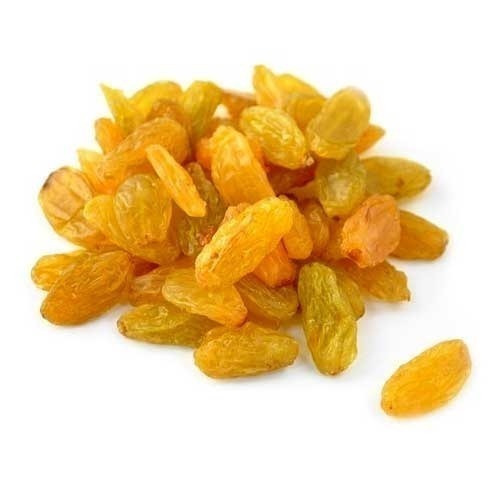
9. Start Small and Scale Gradually
If you are entering the dried fruit import market for the first time, start with small test shipments to gauge market response, analyze customer preferences, and fine-tune your logistics.
Once the product is accepted and trusted, you can expand by:
Adding more product lines
Creating a local brand with private labels
Distributing through e-commerce and supermarket chains
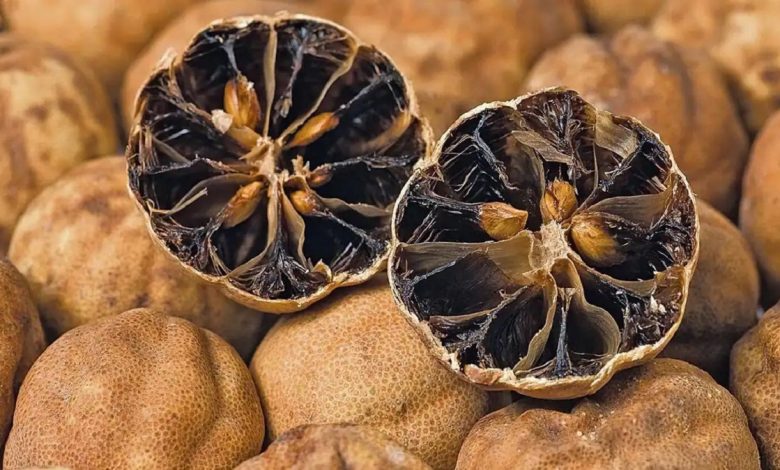
10. Work With Export-Oriented Iranian Partners
Choose suppliers like Royal Azin Ghomes who specialize in international trade, understand Turkish regulations, and offer full support — from packaging and documentation to shipping and marketing.
Royal Azin Ghomes is a trusted exporter of dried fruits including:
Iranian raisins (golden, sultana, sun-dried)
Dried figs (natural and machine-graded)
Dried apricots, peaches, and mulberries
Dates and date products
Their tailored services for Turkish importers include:
Turkish labeling
CIF Istanbul and Mersin delivery
Responsive communication and export compliance
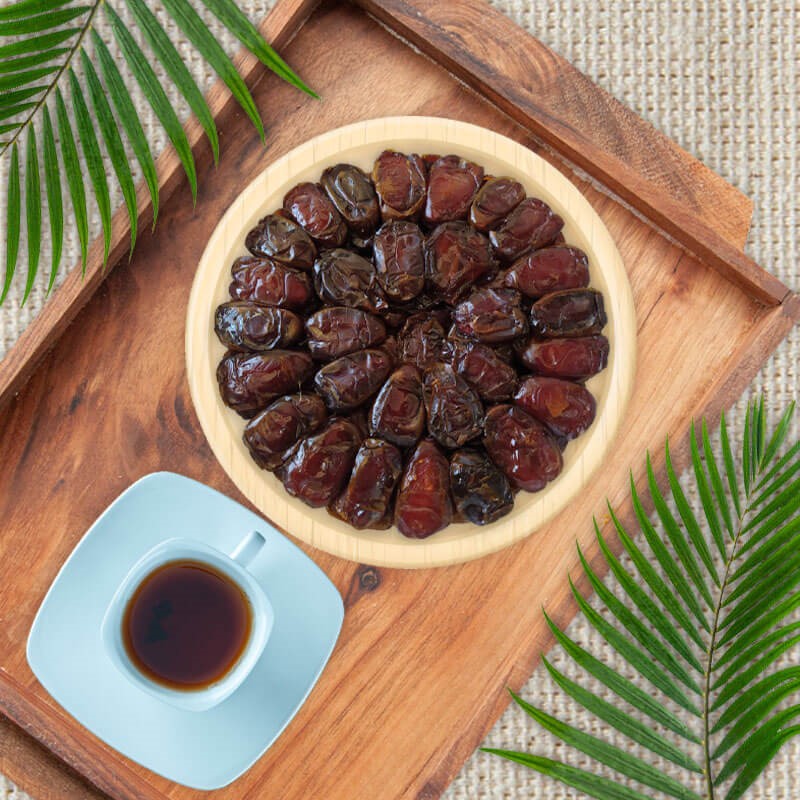
✅ Conclusion
Iranian dried fruits offer Turkish importers a rich blend of quality, variety, and competitive pricing. By understanding the market, selecting reliable partners, and navigating regulations strategically, Turkish businesses can turn this trade opportunity into a long-term success.

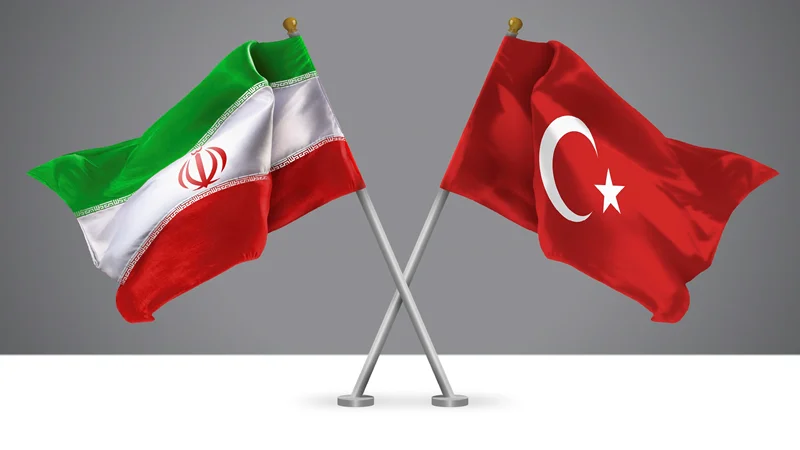

Write your comment.